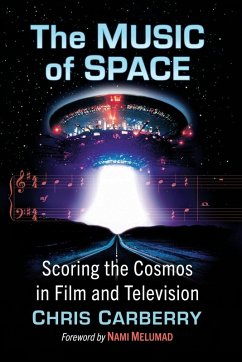
Folk Music and the New Left in the Sixties
Versandkostenfrei!
Versandfertig in 1-2 Wochen
44,99 €
inkl. MwSt.

PAYBACK Punkte
22 °P sammeln!
Artists have often provided the earliest demonstrations of conscience and ethical examination in response to political events. The political shifts that took place in the 1960s were addressed by a revival of folk music as an expression of protest, hope and the courage to imagine a better world. This work explores the relationship between the cultural and political ideologies of the 1960s and the growing folk music movement, with a focus on musicians Phil Ochs; Joan Baez; Peter, Paul and Mary; Carolyn Hester and Bob Dylan.













